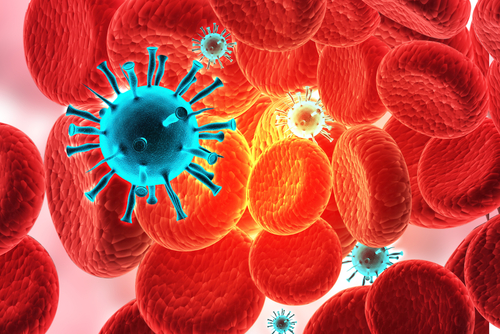לצפייה בתמונה
לחץ כאן
לצפייה בתמונה
A heartfelt monologue by a blood cancer (lymphoma) patient goes viral, touching hearts and sparking hope that her fight for life will end victoriously.
"In my darkest days, I whispered 'help'," begins Ravid Bar-Or in her monologue, recorded by Yedioth Ahronoth. "I whispered because I was too weak to shout. To protest. In the hardest times, I begged doctors and my parents to let me go. To let me die in peace. It wasn't that I wanted to die – I explained quietly.
I still say the same thing. I don't want to die. I want to live. I just don't want to live like this. I don't want to live in hospitals, going from treatment to treatment, day by day. Slowly and without control over my life. I don't want to depend on needles my veins reject, on blood transfusions, on chemotherapy and biological treatments.
I don't want my mom to feed me because I lack the strength to lift my hand or to hold me in the shower because I can't stand without getting dizzy. And we've reached that point. I don't want to live in isolation. Without working, without seeing friends and family, without enjoying life, seeing shows and plays, and eating good food.
"In those days I hoped for a peaceful death"
In the hardest days, I lost my smile, and that was the toughest thing to lose. Harder than losing days I don't remember: blurred days of pain and distress, days perhaps better left forgotten. Far harder than losing my independence.
I didn't want to go to sleep on those days. Not because I feared not waking up, I actually hoped for a peaceful death. I didn't want to sleep because I was afraid of missing even a single moment of days I thought were among my last. Although life was then reduced to a small and isolated room, and I didn't even allow my sisters to visit – I didn't want them to see me in such a hard state. But my body betrayed me, and like a narcoleptic patient, I fell asleep against my will, sometimes even mid-sentence.
And on the hardest day, I quietly screamed at my doctor, hysterically. I screamed at my gentle and kind doctor, who only smiles at me and patiently explains everything I want to know and ask. I yelled at him for experimenting on me and told him there was no hope.
"I overcame the depths of despair I reached"
I demanded he tell me when I'd die, so I could prepare: write a will, sign a do-not-resuscitate form, close all open ends. I couldn't hold back the tears streaming down my cheeks, and I cried out quietly. I didn't truly have the strength to scream.
My doctor tried to convince me I was wrong.
That there isn't a mortality rate for the type of cancer I have. That you can definitely live a long life with lymphoma, just need to find the right treatment to balance the disease. On that day, I no longer believed him. I was sure my death was near and that he simply wasn't admitting it. I was convinced of this for weeks. I didn't believe one could be so weak, so helpless and come out of it. To feel better, to keep living.
During those weeks, I cried often.
I, who hadn't cried since age 12 because I decided it was pointless, cried all the time and over everything. Emotional control was beyond me. Weeks, possibly months, have passed since then – you lose a sense of time in such prolonged hospital stays.
I overcame the depths of despair I reached, and I continue to live, meeting friends, laughing as much as possible. And above all, breathing deeply. Now I am here. A part of my soul laid bare before you. The hardest days have passed, but they are also yet to come... and I keep fighting a battle that will never end. Because I have lymphoma, more precisely a subtype of non-Hodgkin's leukemia originating in the spleen. Google it, it's quite an enthralling read. A chronic blood cancer, as its name suggests – chronic. You can't be cured of it, it doesn’t go away, it's here. It's here to stay. Always. Present. Nesting.
Waiting for you to let your guard down – to strike again."
.Use quotes in order to search for an exact term. For example: "Family Purity", "Rabbi Zamir Cohen" and so on
 (Photo: shutterstock)
(Photo: shutterstock)